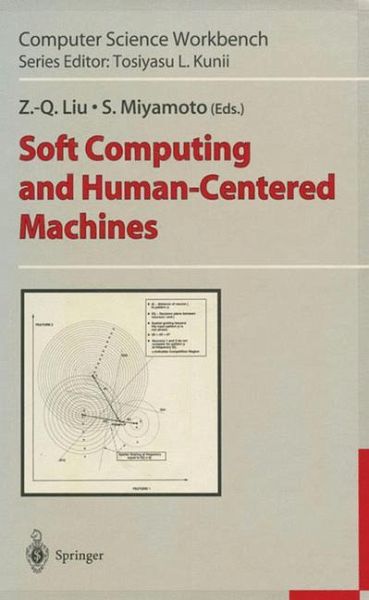
Soft Computing and Human-Centered Machines

PAYBACK Punkte
19 °P sammeln!
Computer Science Workbench is a monograph series which will provide you with an in-depth working knowledge of current developments in computer technology. Every volume in this series will deal with a topic of importance in computer science and elaborate on how you yourself can build systems related to the main theme. You will be able to develop a variety of systems, including computer software tools, computer graphics, computer animation, database management systems, and computer-aided design and manufacturing systems. Computer Science Work bench represents an important new contribution in the...
Computer Science Workbench is a monograph series which will provide you with an in-depth working knowledge of current developments in computer technology. Every volume in this series will deal with a topic of importance in computer science and elaborate on how you yourself can build systems related to the main theme. You will be able to develop a variety of systems, including computer software tools, computer graphics, computer animation, database management systems, and computer-aided design and manufacturing systems. Computer Science Work bench represents an important new contribution in the field of practical computer technology. Tosiyasu L. Kunii Preface With the advent of digital computers some five decades ago and the wide spread use of computer networks recently, we have gained enormous power in gathering information and manufacturing. Yet, this increase in comput ing power has not given us freedom in a real sense, we are increasingly enslaved by the very machine we built for gaining freedom and efficiency. Making machines to serve mankind is an essential issue we are facing. Building human-centered systems is an imperative task for scientists and engineers in the new millennium. The topic of human-centered servant modules covers a vast area. In our projects we have focused our efforts on developing theories and techn!ques based on fuzzy theories. Chapters 2 to 12 in this book collectively deal with the theoretical, methodological, and applicational aspects of human centered systems. Each chapter presents the most recent research results by the authors on a particular topic.














